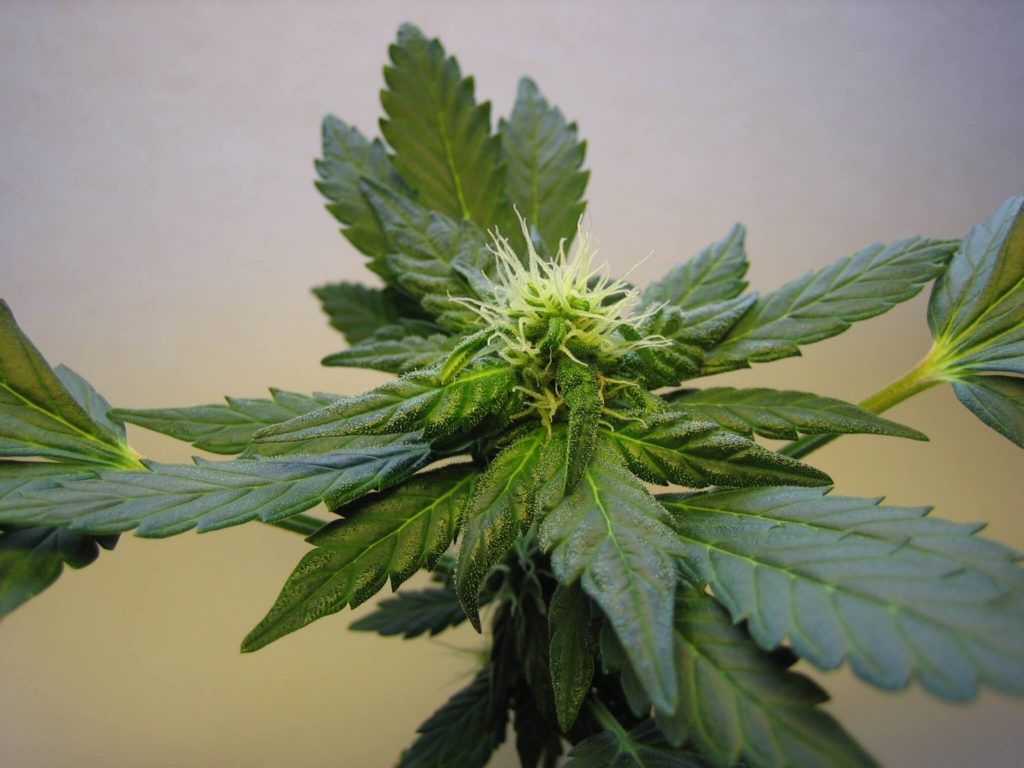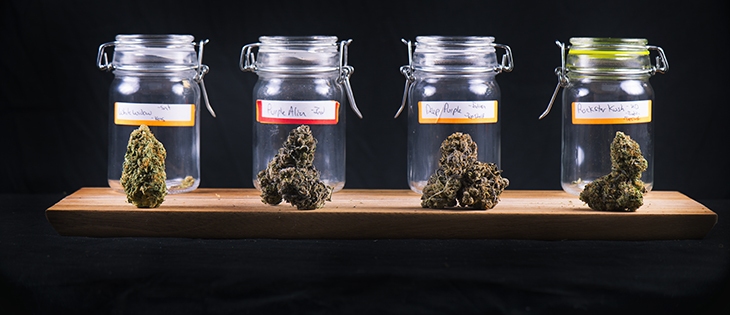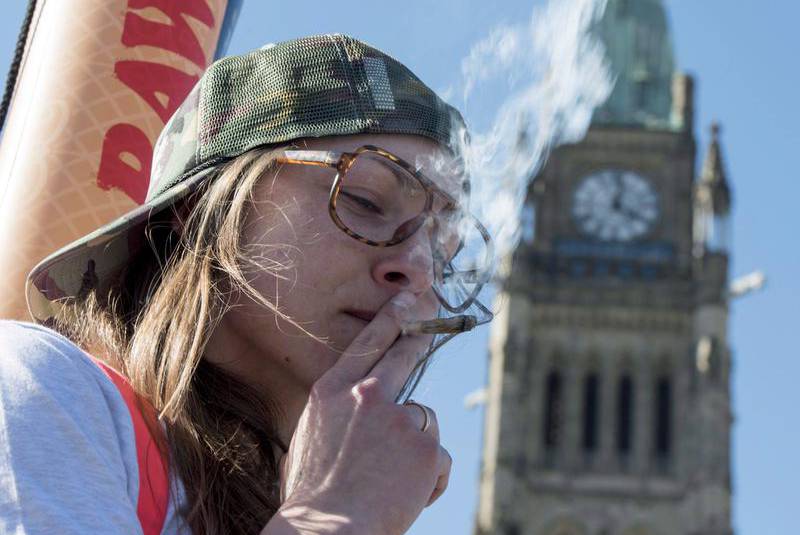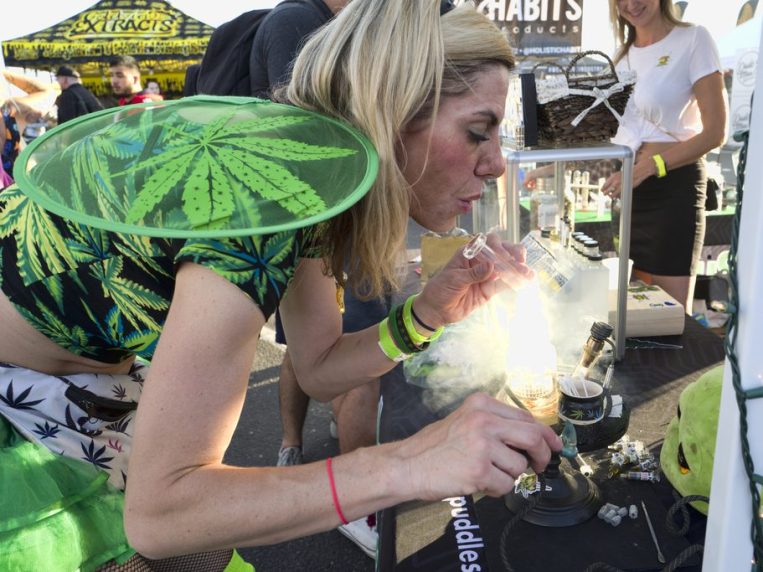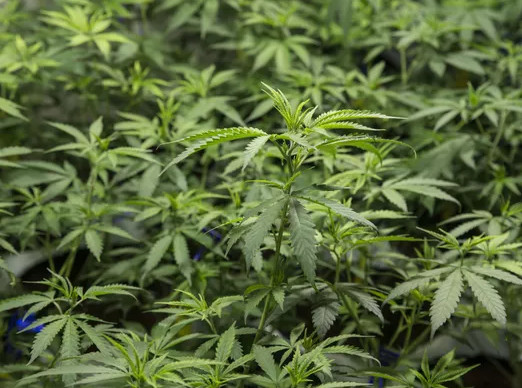On the first day of October, Gov. Murphy predicted on Facebook Live that recreational marijuana use could be legal in New Jersey by Halloween.
“It’s sooner than later … like Oct. 29,” he said to a caller who asked a question asked repeatedly since Murphy said on the campaign trail a year ago that he would legalize marijuana as governor.
But that date might be tricky, since neither the state Senate nor the Assembly has scheduled committee votes or hearings, which typically are held before a bill comes to the floor.
State Sen. Nicholas Scutari, a lawmaker and municipal prosecutor at the forefront of the legalization effort, sounded exasperated when asked last week about the October date. “Oh, I don’t know,” he said with a sigh and promised to call back. Then, two days later, he said: “It doesn’t look that way, it just doesn’t. It has to be put through committees … and now we have a distraction.”
By that, he meant the bipartisan committee Senate President Stephen Sweeney and Assembly Speaker Craig Coughlin created last week to investigate the Murphy administration’s handling of a sexual assault allegation by Katie Brennan, chief of staff of the Housing and Mortgage Finance Agency. She said she filed a complaint against Albert Alvarez in April 2017, but it was ignored and he was named chief of staff of the Schools Development Authority this year. Alvarez, who denies the allegation, resigned Oct. 3.
Murphy, Sweeney and Coughlin are all Democrats.
“These things have a tendency to suck up all the air in a room,” Scutari said.
So marijuana legalization just may get eclipsed for now.
Scutari, also a Democrat, said legalization may have to wait until December.
“The governor was always clear about getting it on his desk before the end of the year. But with the election coming up and the League of Municipalities” annual convention for government officials, “I don’t see it being done in November,” he said.
The delay in the bill, which would allow cannabis deliveries and novel “consumption rooms” for smoking marijuana, is likely to disappoint those who have seen several vote deadlines evaporate.
Marijuana advocates also watched Canadians celebrate their nation’s legalization last Wednesday. So far, only nine states have approved legal weed for adult use, and New Jersey lawmakers have been weighing this action since January.
The bill that Scutari and Sweeney introduced in June has significantly evolved over the summer, with changes added as recently as two weeks ago.
One of those created another roadblock to legalization. Sweeney recently said he only wants a 12 percent tax on marijuana sales — which would be among the lowest in the country — while Murphy has said it should be higher. Sweeney and Murphy are political rivals and Murphy said that he will sign the bill as long as it contains the provisions his administration supports.
In June, the bill called for a 10 percent tax the first year and a gradual rise to 25 percent by the fourth year.
Scutari predicted a compromise. “I don’t want a conditional veto,” he said.
He also concedes he doesn’t have all the votes yet, but is optimistic the bill will pass. “There’s still a lot who are on the fence, but I think we can convince them,” said Scutari, who wrote the state’s eight-year-old medical marijuana bill after a long fight.
Murphy’s spokesperson said via email, “We don’t comment on specific or pending legislation.”
A unique proposal recently tucked into the 121-page bill calls for “consumption rooms,” similar to bars, where people over age 21 could smoke marijuana.
“That was my idea,” said Scutari, who has visited Colorado, California, and the Netherlands to see legalization firsthand and to take notes. “Why not? You have people sitting on bar stools. As this becomes more mainstream, these could someday be like coffee shops, like in Amsterdam,” he said.
Scutari said he believes Colorado is the only state that has consumption lounges. He said he included them because people in high-occupancy buildings might otherwise be precluded from smoking marijuana in their homes because of neighbors or landlords. Local approval would be required.
The bill also would allow cannabis deliveries, something that advocates have lobbied for over the years. Would that include deliveries to nursing homes and hospice centers? “I anticipate it would be for everyone … open-ended, and that’s another job creation aspect,” Scutari said.

Credit: http://www2.philly.com
Ken Wolski, executive director of Coalition Medical Marijuana New Jersey, applauded the bill. “I’m unhappy that it doesn’t include home cultivation, especially for patients who can’t afford the medicine … but this bill represents great progress,” he said.
Jamal Holley is co-sponsoring a bill identical to Scutari’s in the Assembly. He said the bill addresses social justice issues surrounding marijuana — studies show more than three times as many minorities are arrested for possessing small quantities than whites. It allows for quick expungement of these criminal records.
The bill also directs that at least 25 percent of the marijuana licenses would go to minorities, women and disabled veterans, said Holley, a Democratic assemblyman from Union County. “No other states have it that focused,” he said.
Murphy said in the Facebook Live video that social justice is why he supports legalization. “We have the largest white/nonwhite gap of persons incarcerated in America, and low-end drug crime is not the only reason, but it’s a driving reason,” he said.
But not everyone is on board. Republican Sen. Robert Singer, the deputy minority leader, said he and some other lawmakers favor decriminalization of marijuana to address the racial disparities in arrests. He said his concern is that legalization will lead to people smoking marijuana and driving.
“There will be an influx of out-of-state residents,” Singer said. “And they will be driving home high.”
Scutari said officials in states that have legalization have reported that driving under the influence of marijuana has not become a significant problem and is less troublesome than driving under the influence of alcohol. He also said there will be enforcement to control any such problem.
The first paragraph of the bill states the intent is to change “our marijuana policies by taxing, controlling and legalizing marijuana like alcohol for adults.”
Credit: http://www2.philly.com


